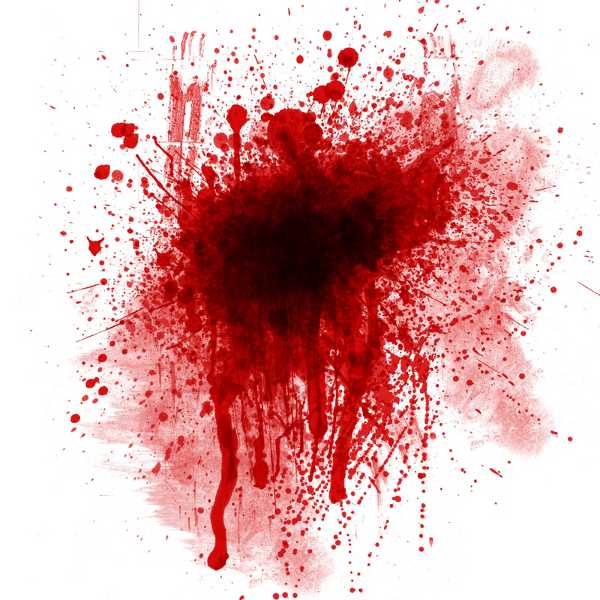FWP:
Bekhud Mohani points out the two possibilities: either the speaker has simply dripped out all the blood in his heart through his eyelashes, drop by drop, like round red roses used for gul-baazii ; or else the beloved's eyelashes have appropriated all those same blood-drops for a more organized game of gul-baazii . It's not clear that any of the commentators are really familiar with a game called gul-baazii ; Shadan may well be inventing, since his version of the game sounds improbably primitive and dull; quite possibly Ghalib too knew the name only as a ghazal convention.
There's no drop of blood in the lover's heart that would not-- notice the subjunctive-- have been used for gul-baazii , either by his own eyelashes or by the beloved's. But any drop of blood that has been taken away and used for gul-baazii is not, by definition, in his heart any more. So does the verse risk becoming tautological? Does it merely mean, every blood-drop that's been taken out of his heart (for game-playing) is no longer in his heart?
If it's literal, it seems also to imply that there are no blood-drops left in his heart. It sets up a clear paradox: there's no drop 'in his heart' that hasn't been taken out of his heart; this itself it an enjoyable state of affairs for the reader to contemplate, and an entirely apt destiny for the lover.
In addition, no doubt it can be said that the drops can be 'in his heart' metaphorically: surely every drop of blood in the speaker's heart feels as if it's been battered like a game-ball-- either flung down by his own eyelashes, or tossed around by hers. Or else, it is constantly holding itself available for submission to such battering. Moreover, 'in his heart' has a metaphorical meaning of being valued or cherished. The speaker would indignantly repudiate, eject from his bosom, any drop of blood not suitable for gul-baazii . No such drop of blood will be present in his heart-- or in his esteem either!
Here's my long-ago attempt at a translation
(1985).

Nazm:
He says, in my heart there's no such drop of blood, with which the fingers of the eyelashes have not done gul-baazii ; that is, all the blood of the heart has dripped from the eyelashes. (72)
== Nazm page 72